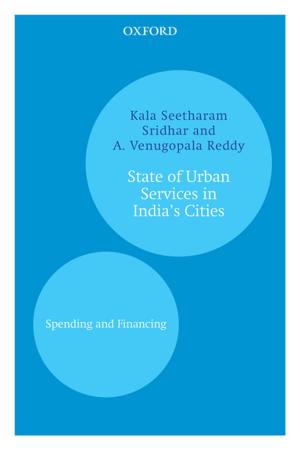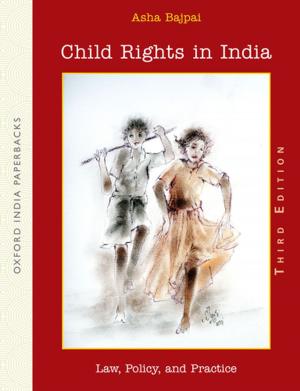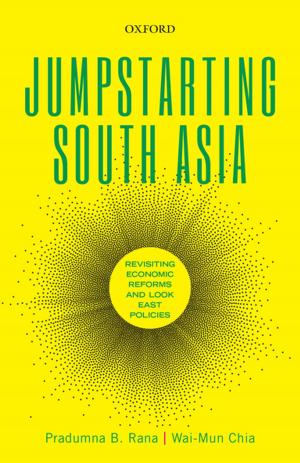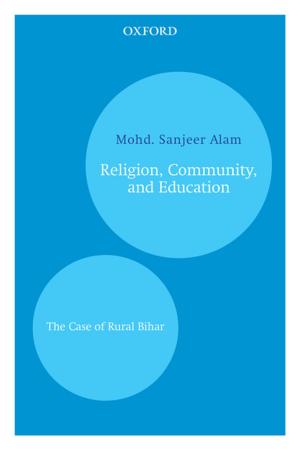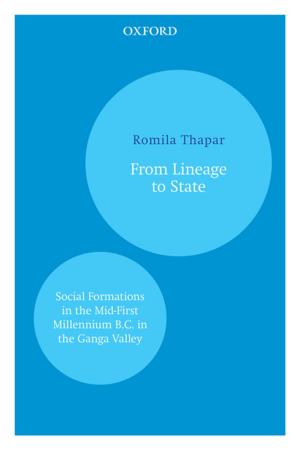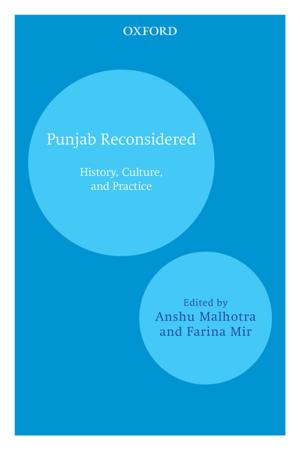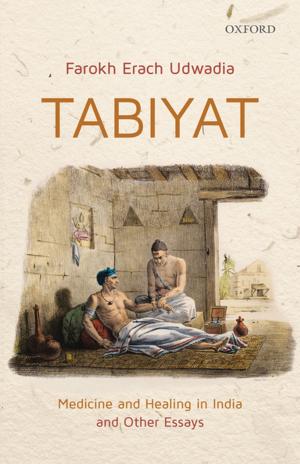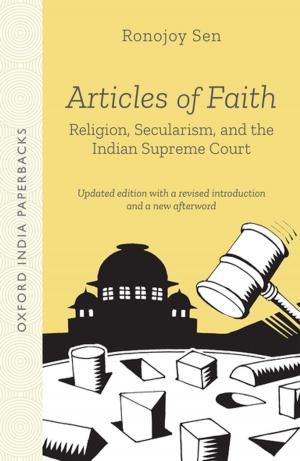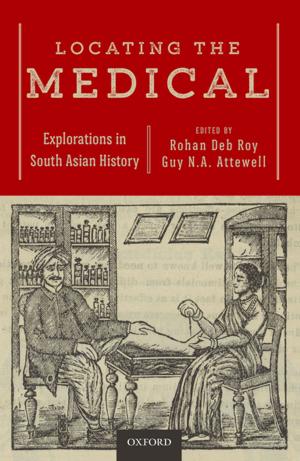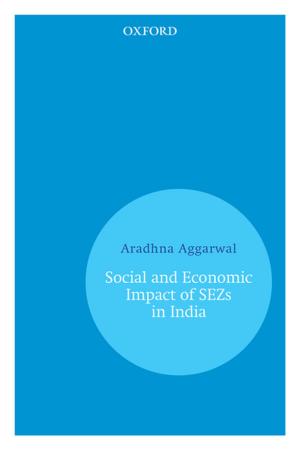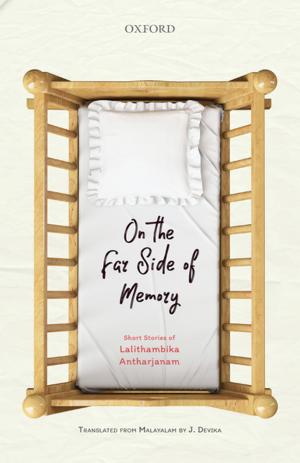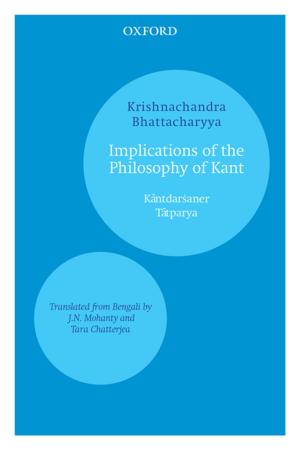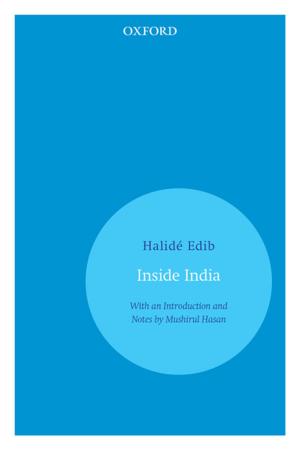The Nehrus
Motilal and Jawaharlal
Nonfiction, History, Asian, India, Biography & Memoir, Political, Historical| Author: | B.R. Nanda | ISBN: | 9780199087938 |
| Publisher: | OUP India | Publication: | October 15, 2007 |
| Imprint: | OUP India | Language: | English |
| Author: | B.R. Nanda |
| ISBN: | 9780199087938 |
| Publisher: | OUP India |
| Publication: | October 15, 2007 |
| Imprint: | OUP India |
| Language: | English |
Motilal Nehru and Jawaharlal Nehru are both prominent Indian men in their own right. Motilal is known as a widely successful civil lawyer and a popular political figure, while Jawaharlal made his mark as a firm nationalist leader and possible heir of the Mahatma. This book serves as a discussion of Motilal’s life and achievements, and looks into the first four decades of Jawaharlal’s life. It shows that while the father–son tandem played different roles in the nationalist struggle of India, their close emotional bonds helped them influence each other. Their story can be combined with that of the Indian freedom movement. The book covers a number of important events in the lives of the Nehrus—from Motilal’s childhood in Agra, Jawaharlal’s acceptance into Trinity College, and Jawaharlal’s entry into the political arena, to the father–son conflict over the changing political atmosphere in India. This book also takes a look at several notable individuals who play important roles in Motilal and Jawaharlal’s lives. These include Annie Besant, the leader of the Home Rule movement, and Mahatma Gandhi, the fierce fighter for India’s independence.
Motilal Nehru and Jawaharlal Nehru are both prominent Indian men in their own right. Motilal is known as a widely successful civil lawyer and a popular political figure, while Jawaharlal made his mark as a firm nationalist leader and possible heir of the Mahatma. This book serves as a discussion of Motilal’s life and achievements, and looks into the first four decades of Jawaharlal’s life. It shows that while the father–son tandem played different roles in the nationalist struggle of India, their close emotional bonds helped them influence each other. Their story can be combined with that of the Indian freedom movement. The book covers a number of important events in the lives of the Nehrus—from Motilal’s childhood in Agra, Jawaharlal’s acceptance into Trinity College, and Jawaharlal’s entry into the political arena, to the father–son conflict over the changing political atmosphere in India. This book also takes a look at several notable individuals who play important roles in Motilal and Jawaharlal’s lives. These include Annie Besant, the leader of the Home Rule movement, and Mahatma Gandhi, the fierce fighter for India’s independence.


